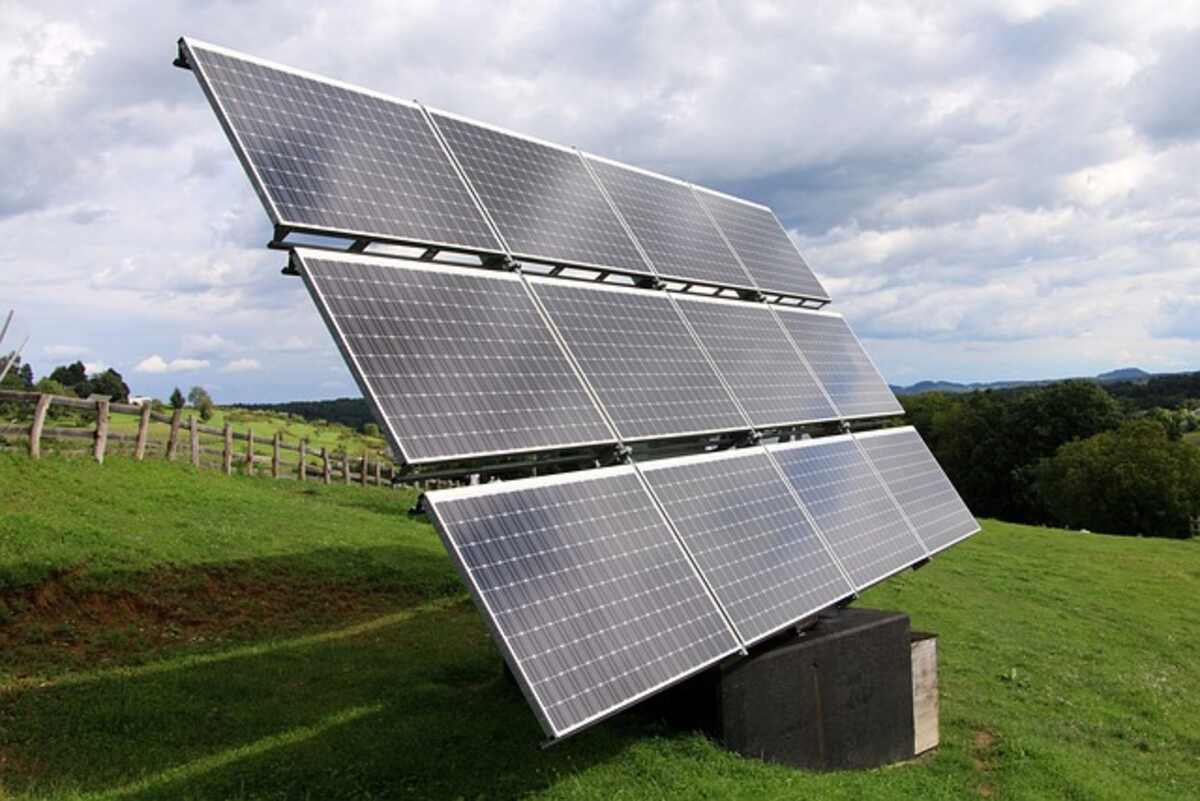Should I DIY the installation of solar panels?
The number of solar installations in the United States has grown steadily over the past few years, and this trend is expected to continue in the years ahead, thanks to the extension of tax incentives for solar panel owners. The upfront cost and ongoing maintenance of a solar power installation can add up quickly. Can you ever benefit from going it alone when installing a solar power system? This is because…
To What Extent…
Where do you want to go with solar power? Where do you call home, and how would you describe its current condition? Depending on the homeowner’s location and the utility company, various solar energy sources may be available. Considerations such as roof space and shading will influence the installation of solar panels.
Rent-to-Own vs. Pay-As-You-
Homeowners who want to reduce their monthly power bill but don’t want to make a significant initial investment might benefit significantly from PPA and solar leasing options. The solar company covers the solar panel installation cost in these scenarios. It is not cost-effective for a homeowner to install the panels themselves, and the solar provider does not permit a third-party installation for these systems.
Pay in Cash or Get a Loan
Most households can invest in a solar panel system outright or get financing. Numerous solar energy suppliers offer various panels and various service contracts and guarantees. Let’s weigh the benefits and drawbacks of going solar on your own.
Pros:
Costs for both setup and installation are reduced.
Long-term cost-cutting potential without the need for pricey guarantees
Having more options for panel styles is always welcome.
Can qualify for bulk equipment pricing
The solar panels can be purchased separately from any additional services or fees by the homeowner from the solar provider. After purchasing solar panels, a homeowner can wire and install the system themselves or hire an outside electrician or specialist. This course will save homeowners money if they learn how to install and wire the system correctly.
Even if a homeowner doesn’t have the expertise to install solar panels, they can save money by purchasing them in bulk and having an electrician or other third party do the installation. The homeowner may be able to rest easy knowing they didn’t waste money on costly monitoring and maintenance services if the system offers a warranty.
Time and labor expenditures may still occur even while covered by the warranty, nullifying any cost savings from this course of action. Assuming a successful installation, a homeowner can save money on solar panels by purchasing them instead from a solar company that offers bundled installation and monitoring services. They’ll have more leeway in deciding on the look and feel of their roof and the sort of panels they install. Even if the consumer installs the system, they will still be responsible for some monitoring fees.
If a homeowner has decided to buy a system, they may want to consider installing it themselves or hiring a reliable electrician. Time and resources will be lost while gathering information and preparing for the work.
Cons:
Long-term warranty protection is nullified due to the time spent studying and installing the system.
Cancel the contract with the solar monitoring provider.
Services for system repairs and upkeep are null and void.
Problems with the system can cause complications.
During setup, issues may develop.
Consequences of a shoddy installation
Difficult Authorization Procedures
Any homeowner who buys panels from the manufacturer and installs them themselves or hires an independent contractor does so at their own risk. They are in charge of arranging for properly installing the system and selecting the accompanying guarantees and maintenance plans. They can purchase a warranty that covers their solar panels and monitoring services but will be liable for any associated work and maintenance charges.
Additionally, they must gain utility company approval, and city permits to link the system to the grid. It can be time-consuming and expensive to complete the paperwork and meet the requirements to implement a plan. It takes a lot of time, effort, and paperwork to get a system up and running, and then there’s the possibility that the homeowner will have to pay for repairs or upkeep down the road.
If a homeowner is serious about going solar, they should get quotations from several providers and weigh the costs of hiring a professional installer against those of doing it themselves. A homeowner must investigate all the measures needed to have a system operational in their city with their utility company. To choose the best option, the homeowner should evaluate the risks involved and research the warranties and services on the market.
Visit us here at DiscoverSolarSavings.com, and we’ll show you how to find the finest solar savings for your home. Find out if solar energy is good for you and how much money you could save by switching to solar power by clicking here.
Read also: Hardwired Vs. Wireless Security Alarm Methods – How Secure is the Security System?

